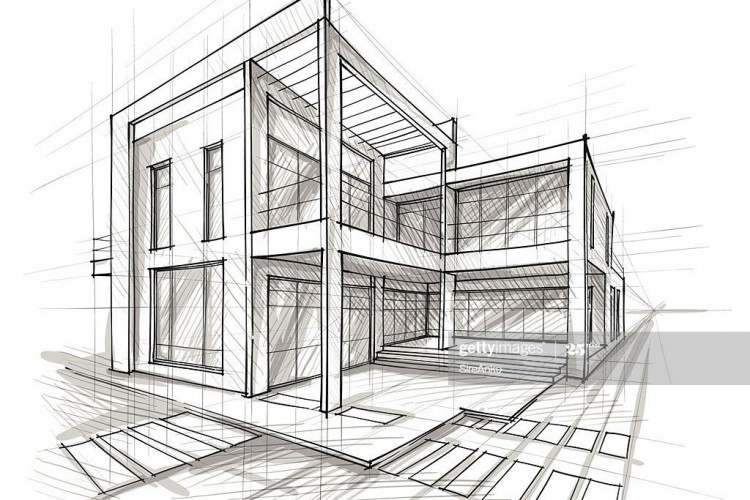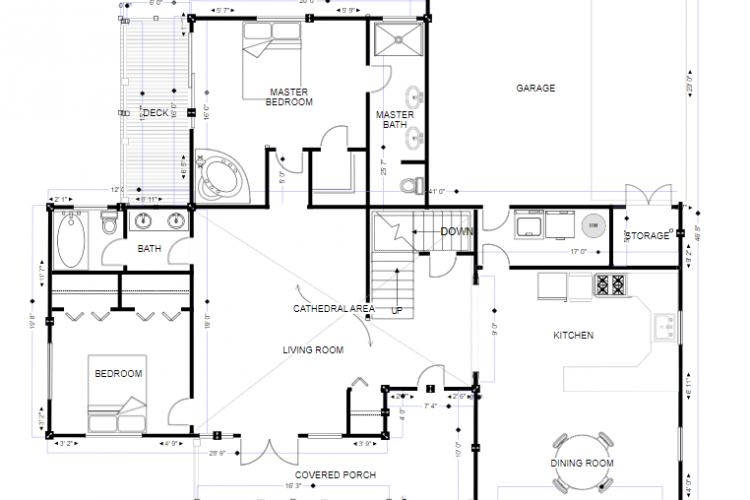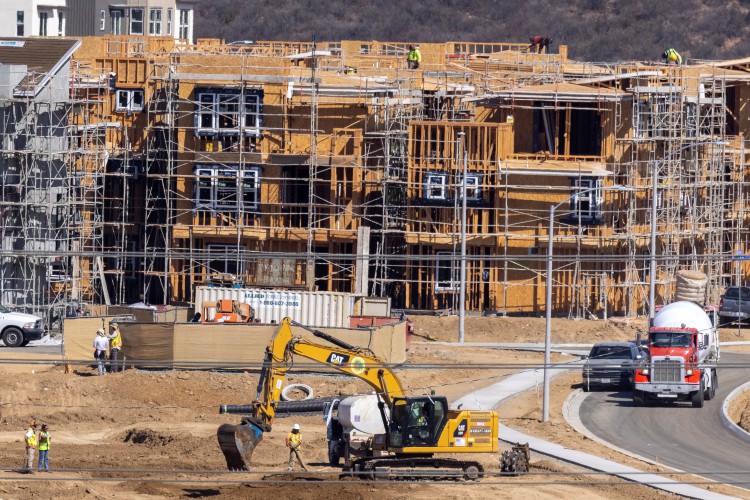PROJECT MANAGEMENT TEAM (PMT)
PROJECT MANAGEMENT TEAM (PMT)



Planning Phase
The potential project meets the objective of the owner/investor and will produce the needed return on investment.
A detailed market feasibility study is done at this stage and must meet the objective of the owner/investor to move forward.



Design Phase
• Project Design: PMT shall choose the most qualified design firm that can deliver a complete design including specification within the time and budget allocated to the project.
• Design Review: PMT shall review the design and make the necessary changes in according with the vision of the owner for the project.
• Cost Estimate: PMT shall review the estimated cost of the project and make any value engineering changes that will produce more economical solutions while keeping the same specification of the project.
Once the design is approved PMT will commence the search for the most suitable contractor for project execution.



Contract Phase
PMT shall conduct a search for contractors that can achieve the project objective and will hold a bidding process that will produce the most suitable candidate with the most compatible price.
PMT shall administer contractor negotiation with the chosen contractor in order to produce a contract bidding the contractor to the design, specification, cost and construction time of the project.



Execution Phase
PMT shall form a specialized team to supervise the project execution and make sure that the contractor adheres to the terms of the contract and keeps the project moving ahead smoothly.
This team shall consist of various departments as follows,
• Contract Administration and Communication: Handle all correspondence and clarifications between the Designer, Contractor, and any governmental agencies involved in the project.
• Safety: Reviewing the safety standard and making sure that it is strictly applied to the site to eliminate any potential injuries.
• Environmental Impact: Monitor any change to the environment resulting from the project activities.
• Time Schedule: Reviewing and monitoring the project execution schedule, milestone, and completion date.
• Quality Control: Making sure that the contractor adheres to the design quality standard according to the specification and monitoring the quality of the work.
• Cost Control: Monitoring and approving every invoice to make sure that the contractual items are invoiced correctly and according to their actual completion as defined by the contract.
• Monitoring and controlling the cost of any variation orders to stay within the budget of the project.
• Procurement Control: Reviewing and approving all materials and equipment for the project in according with the specification.
• Execution Supervision: Reviewing and approving all work orders according to the specifications to ensure that they meet the budget and time schedule.
• Human Resources: calculating the people required for each stage of the execution and their level of skills to meet the project requirement.



Project Delivery
• Provisional acceptance: PMT will inspect every aspect of the project and form a punch list of un-acceptable or missing items for the contractor will need to complete.
• Final acceptance: PMT will accept final delivery of the project after the punch list is completed and any unacceptable items will be deducted from the payment to the contractor.
• Guarantee period: PMT will keep a small team to monitor the contractor work during the guarantee period in according to the terms of the contract.
The successful implementation of any plan is dependent on all participants understanding their role within the project and the level to which they must perform. Clearly-defined Service Level Agreements streamline project tracking by removing ambiguity and promoting the objective evaluation of performance within the project.
Our experts provide a variety of services including consulting on the establishment capital program processes and systems, conducting comprehensive assessment of your facilities-related needs and creating short and long-term programs implementing change.